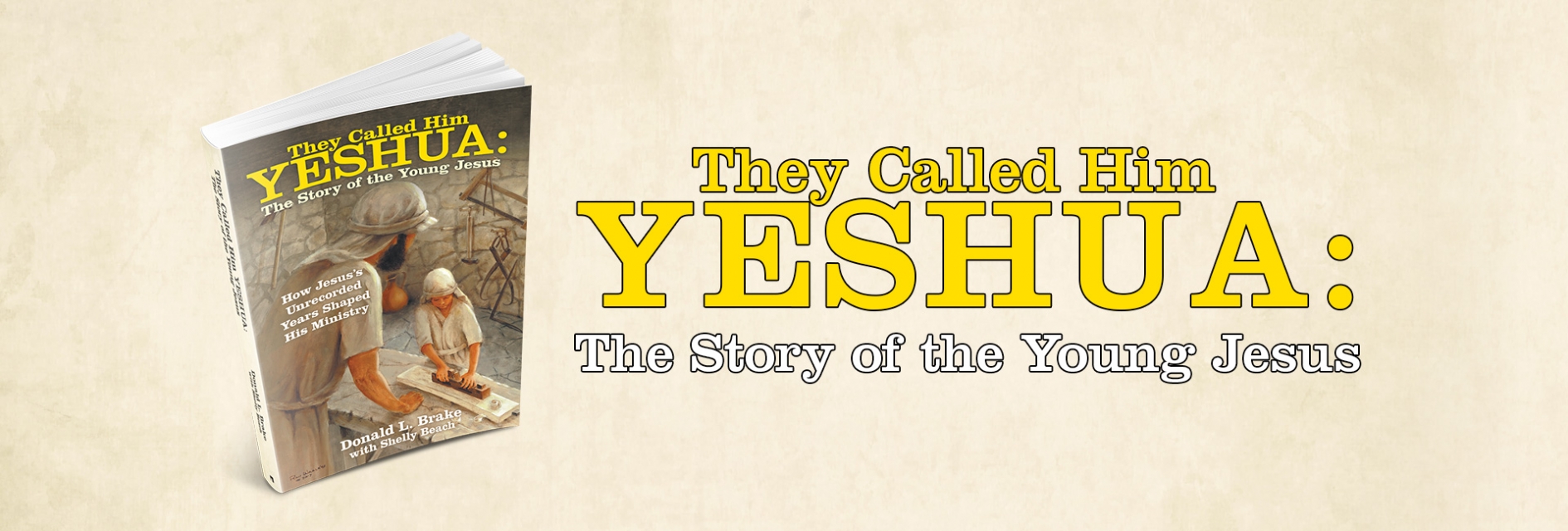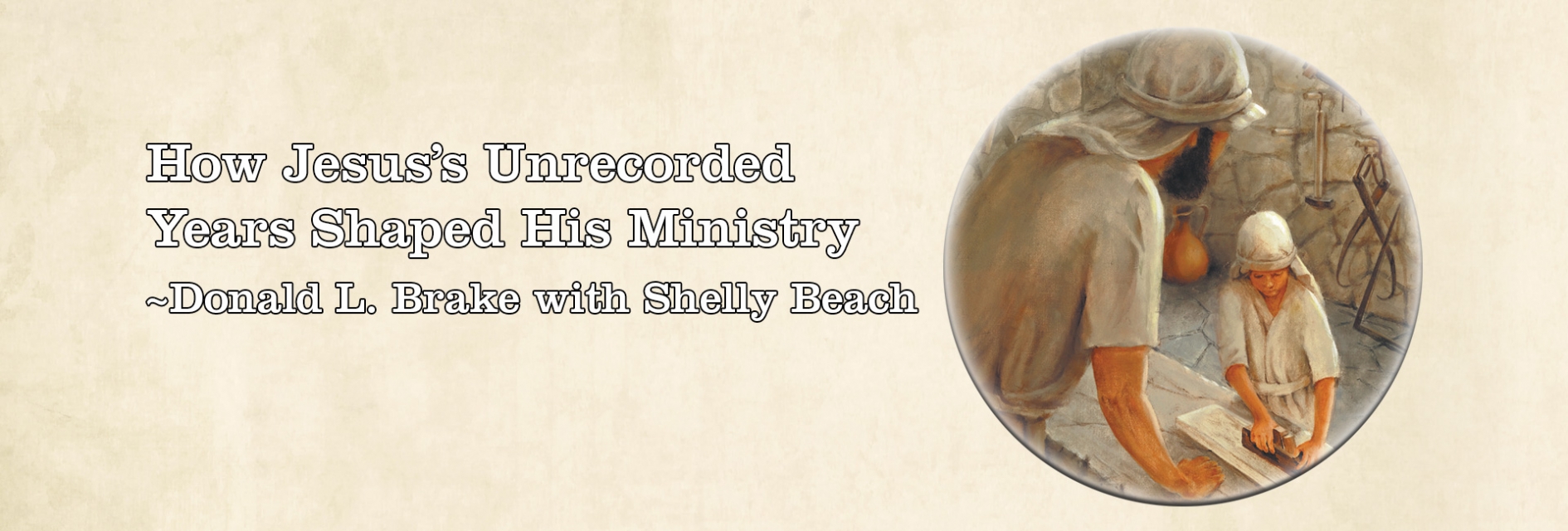

FLOWER MOUND, TX: Hope is one of the most important emotions humans possess. Without hope, life is dreary and one is reduced to just “living” resulting in depression, sadness, lethargy, or anger. Extreme forms lead to self-destruction. Hope and Civility is a biblical promise of better days.
The recent commemoration of 9/11 reminded us of the real world we lived in 2001. The reality reminded us that we had external enemies who wanted to destroy us. But we are united in hope that our resolve to right this terrible tragedy would prevail
Although the 9/11 event became embedded in our national conscience, we soon found partisan bickering and pundits spinning the slightest differences to gain political advantage. President Bush’s dangling-chad victory a year earlier seemed to deepen a political climate of factions.
Bible and Economics: The Socialism vs Capitalism Debate
Hope would have to wait. The blame game became ugly.
Nearly a decade later, the young, vibrant, and articulate President Obama revived hope in his first inaugural address (2009). Surprisingly, as soon as he was elected many Republicans joined the jubilant Democrats in the hope of a new era. We can all remember his encouraging words:
“Together, we discovered that a free market only thrives when there are rules to ensure competition and fair play.”
“America’s possibilities are limitless, for we possess all the qualities that this world without boundaries demands: youth and drive; diversity and openness; an endless capacity for risk and a gift for reinvention.”
“My fellow Americans, we are made for this moment, and we will seize it —
so long as we seize it together.”
“America will remain the anchor of strong alliances in every corner of the globe.”
“They are the words of citizens and they represent our greatest hope. You and I, as citizens, have the power to set this country’s course”
By the end of President Obama’s second term, many who began with such hope were disappointed—many promises broken. Racism was not eradicated, immigration did not get reformed, prosperity saw no bright light, America’s global respect dwindled, and international trade remained status quo.
#45 – New Hope in the form of President Donald J. Trump
But the dawn of a new day on the horizon reignited hope once again—Donald Trump.
The promise to “Make America Great Again” came at a time when hope in America’s future seemed elusive. By now, politicians were viewed more negatively than ever. Not with the precocious oratory of Barak Obama but with homespun enthusiasm, Trump promised a new beginning.
“We, the citizens of America, are now joined in a great national effort to rebuild our country and to restore its promise for all of our people.”
“What truly matters is not which party controls our government, but whether our government is controlled by the people.
“We are one nation — and their pain is our pain. Their dreams are our dreams; and their success will be our success. We share one heart, one home, and one glorious destiny.”
“We will seek friendship and goodwill with the nations of the world.”
The Bible and the Immigration debate: Open borders or controlled entry
“Our country will thrive and prosper again.”
“A new national pride will stir our souls, lift our sights, and heal our divisions.”
“Your voice, your hopes, and your dreams will define our American destiny. And your courage and goodness and love will forever guide us along the way.”
New Hope for a New Nation
President Trump’s words stirred new hope for a nation caught up in a great political rift. But before the speech was delivered and before and results of his promises were examined, that hope was tarnished. Once again anger prompted political partisans to take to the streets to protest.
Since that inaugural speech, peaceful and violent protests continue to dominate news cycles. Political opposition leaders have sought to destroy any progress the president makes.
Unfulfilled hopes continue to breed anger and open hostility. Civility is dashed and honest debate is thwarted.
Have we entered another cycle of hopelessness?
What are the loyal citizens of this great country to think, to believe? Political office holders and associates of politicians are mired in corruption—that is our daily news feed. Common courtesy and civility are lost in the lying, spinning, ad hominem attacks, and open hostility–and now, Christine Blasey Ford!
As a nation with about 240-250 million Christians, hope is not based ultimately on political promises but is rooted in Scripture.
“Through him you believe in God, who raised him from the dead and glorified him, and so your faith and hope are in God.” 1 Peter 1:21
Psychologists tell us hope and civility drives our daily lives.
One may be looking forward to a vacation, a holiday, the birth of a new baby, or even a Sunday NFL game. Without hope we soon lose motive to live and hopelessness leads to depression and anger.
Discussing Religious Authority: Who wrote the Bible, God or man?
The Scriptures encourages one to seek a godly life and restore hope.
“His divine power has given us everything we need for a godly life through our knowledge of him who called us by his own glory and goodness. Through these he has given us his very great and precious promises, so that through them you may participate in the divine nature, having escaped the corruption in the world caused by evil desires.” 2 Peter 1:3-4
The great and precious promises are the things given through a knowledge of Christ. By these promises, we can raise ourselves above the corruption that is in the world and live on a higher plane.
Christians are exhorted to hope and civility:
“Add to your faith goodness; and to goodness, knowledge; and to knowledge, self-control; and to self-control, perseverance; and to perseverance, godliness; and to godliness, mutual affection; and to mutual affection, love.” (2 Petr 1:5-7)
The Political atmosphere has become so toxic that it is becoming difficult to carry on a political conversation with a friend or relative without affecting the relationship. So we talk about the weather, health, or the latest game. Can’t talk about the news—unless it’s about the latest hurricane.
Political figures come and go, but the ones who put them in office are here for the long haul. When the ballot box has spoken, we must listen. Let’s take seriously a commitment to congeniality and conversation salted with grace and godliness.
About the Author
Written by Donald L. Brake Sr.
Donald L. Brake Sr., PhD, Dallas Theological Seminary; Dean Emeritus, Multnomah Biblical Seminary of Multnomah University. A former pastor, he lives with wife Carol, in Lewisville, Texas. The author has served as a Missionary in Ethiopia, SIM; Professor of Theology, Multnomah Biblical Seminary; Pastor, North Carrollton Baptist Church; President, Institute of Holy Land Studies (now Jerusalem University College; and dean Multnomah Biblical Seminary; and co-founder Living Word Bible Museum. He currently is a freelance writer. The author’s experience as president of the Institute in Jerusalem has given him insight into the historical, cultural, and geographical background of Israel and the life of Christ. Dr. Brake has led tours to the Holy Land and has taught the life of Christ and the Bible’s historical/cultural backgrounds for more than thirty-five years. Dr. Brake wrote a series of fifteen articles for the St. Louis Metro Voice and has published the Wycliffe New Testament. His book A Visual History of the English Bible was published in 2008 (a 2009 Evangelical Christian Publishers Association Christian Book Award finalist); Jesus, a Visual History with Todd Bolen, 2014; A Monarch’s Majestic Translation, in 2017; and A Visual History of the King James Bible, in 2011 (with Shelly Beach; also translated into Portuguese as "Uma Historia Visual Da Biblia King James"), a commemorative edition celebrating four hundred years of the King James Version. His major article “Versions, English” was published in The Interpreters Dictionary of the Bible, vol. volume 5, Abington Press. His most recent work is They Called Him Yeshua: the Story of the Young Jesus, 2019.

